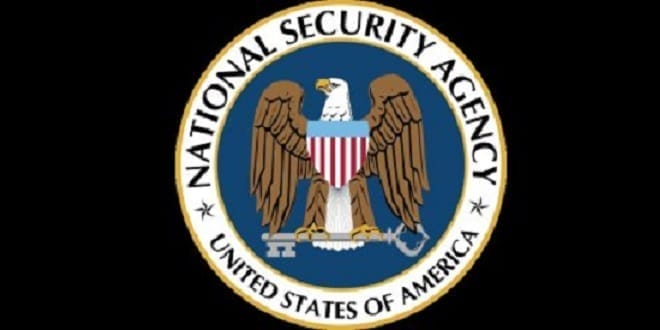Despite putting in long hours of negotiations, the US Senate was unable to reach a compromise over the matter of reauthorizing the NSA's mass surveillance. For the first time since it was passed in 2001, reauthorizing the Patriot Act in full wasn't a popular prospect, perhaps a reflection of the changing attitudes to surveillance in America after the Snowden leaks.
A reform bill called the USA Freedom Act was proposed which would reauthorize most of the provisions of the Patriot Act, but would end the bulk collection of phone records by the NSA. The USA Freedom Act passed the House with huge majorities, but in the Senate it could only secure 57 out of 100 votes. Due to a procedural quirk in the way the Senate operates, a simple majority is usually not enough to pass a bill and 60 votes are required to get anything done. Because of this, the Senate was unable to pass the USA Freedom Act before its Memorial Day vacation. The Senate is scheduled to reconvene on May 31 in a last-ditch attempt to pass a compromise bill before the sunset of the Patriot Act on June 1. It should be noted that the House is on vacation until June 1st. If the Senate wants to beat the sunset of the Patriot Act, passing the USA Freedom Act is their only option.
The fight over the Patriot Act is interesting, because it's divided the Senate into 3 groups: Those who support reauthorizing the Patriot Act in full, those who support the USA Freedom Act, and those who want to let the whole thing expire on June 1st. With the June 1st sunset rapidly approaching its possible that some members of the first group may join forces with the second group based on the belief that the USA Freedom Act is better than nothing. This is a position articulated by John McCain who said, "There are some programs that are affected by 'Freedom USA' that I would be very concerned about shutting down, but obviously anything is better than shutting down the whole operation." He also added, "you can argue whether we should be doing the mega data thing but you can’t argue that it’s a good idea to shut down the whole thing."
Meanwhile, President Obama has also taken steps that will ensure an end to bulk data collection by the NSA on June 1. Previously, Obama had sought approval from a secret court to temporarily extend the NSA's activities until Congress could pass a law reauthorizing them. This time, the administration declined to file a case with the court. This suggests that the bulk data collection will in fact end on June 1st.
The future of the Patriot Act is still uncertain. Hardliners in the Senate, like majority leader Mitch McConnell, want to reauthorize the Patriot Act in its entirety. While the act is sure to expire on June 1st, their hope would be that it's just a temporary lapse and it can be quickly reauthorized by Congress after the recess. However, the Patriot Act in its current form is simply not very popular in the House or the Senate, and is opposed by President Obama who has stated his support for the USA Freedom Act. As unlikely as this situation might have seemed a few years ago, the most extreme provisions of the Patriot are likely to be dead and buried on June 1st. The only real debate left is whether to accept the reform bill that is the USA Freedom Act, or to do away with the remaining provisions of the Patriot Act. Either way, bulk data collection by the NSA is ending June 1st.
Even though this may be a significant victory for rolling back mass surveillance by the NSA, civil rights groups have still raised serious concerns about the USA Freedom Act, which is quite popular in Congress and is likely to eventually be passed as the replacement for the Patriot Act. Fight for the Future has posted a scathing criticism of the bill on its blog. Fight for the Future co-founder Tiffiniy Cheng stated, "This bill looks like it was crafted at the behest of intelligence agencies seeking to maintain the status quo and contains a series of loopholes that seem to negate every reform the bill purports to make." The USA Freedom Act is not the reform privacy advocates were looking for, and the fight to rein in government surveillance will continue after June 1st.
Do you think this is a positive step in rolling back privacy intrusions by the NSA? Leave your comments below.







